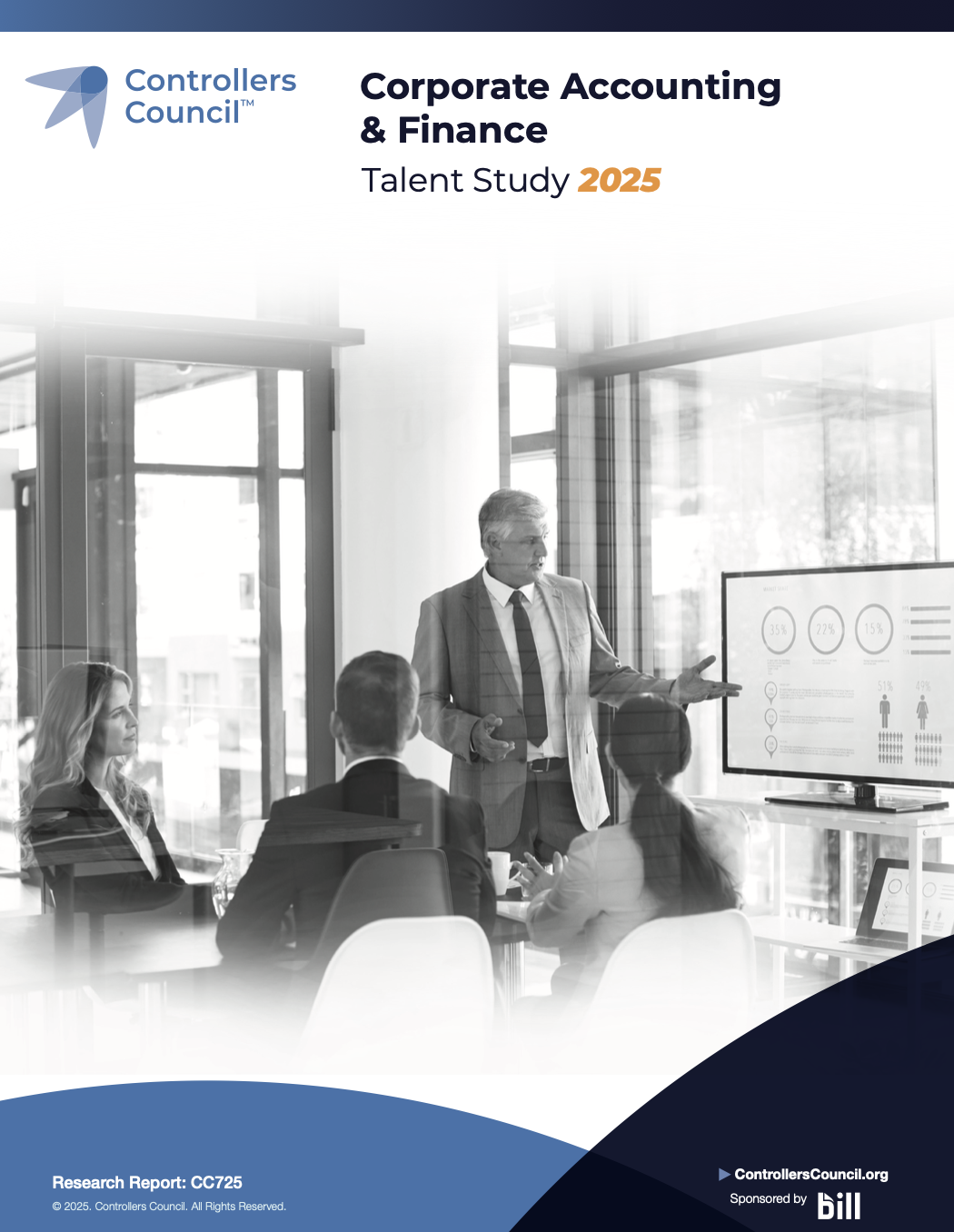The last two years have brought about rapid and sweeping changes to the accounting industry. In 2023, issues involving technology, regulatory compliance, and the talent shortage will take center stage, presenting evolving challenges to accountants, CPAs, and corporate finance professionals.
These are a few of the trends expected to influence the financial world in 2023:
The Growing Talent Shortage
The American Institute of Certified Public Accountants (AICPA) reports that 75% of accountants are expected to retire over the next 15 years. But as the Baby Boomer generation enters into retirement, there’s a shortage of qualified workers capable of filling these vacancies.
The AICPA says that the “CPA pipeline” is weaker than it’s been in more than 13 years, meaning companies of varying sizes will have to cope with vacancies, as well as the ongoing struggle to recruit and retain qualified accounting professionals.
Learn more in: The Continued CPA and Accountant Shortage in 2023
The 2023 Recession
The future of the U.S. economy isn’t entirely clear, but most economic experts do collectively anticipate a “mild recession” in 2023. Widespread cutbacks may increase the pressure on corporate accountants to streamline their companies’ operations and make wise business decisions.
Small business owners may turn to outsourced firms to avoid paying for internal employees, though it’s possible that some companies will simply lack the working capital to invest in professional accounting services.
Artificial Intelligence and Automation
Companies are increasingly turning to digital tools to automate their core processes, reducing the administrative burden and thereby allowing accounting staff to focus on other areas, but it’s likely that companies will discover that a need still remains for human judgment and political sensitivities.
Still, accounting departments will likely be called upon to integrate these tools into their broader workload, underscoring the need for technological competence among accountants and CPAs.
Changes in Outsourcing Models
According to research from Gartner, 60% of current outsourcing contracts are unlikely to be renewed by 2025. Current outsourcing models are built on “headcount,” where the price of the service is connected to the number of employees — or full-time equivalents (FTEs) — needed to accomplish the work. Newer models could better account for increased automation and cloud-based systems that increase efficiency, resulting in entirely new contractual models for external accounting firms.
Evolving Regulations
It’s not easy going green. Companies that seek to adopt environmental social governance (ESG) criteria may face increased scrutiny. The SEC is cracking down on companies who only pay lip service to the idea without any real follow-through. The practice, known as “greenwashing,” is only one of several ways that accounting departments may face evolving regulatory challenges in light of environmental initiatives, carbon offsets, and other corporate trends.
A Renewed Focus on Practice Management
The growing talent shortage has led to considerable creativity in the accounting profession, with solutions including anything from outsourcing to fractional services to a hybrid workforce.
These non-traditional approaches require additional attention, ensuring full organizational accountability to keep personnel on the same page and aligned with the company vision. At the same time, accounting firms are learning to evolve their compensation strategies to attract and retain top talent.
Tax Changes Relating to the Inflation Reduction Act
In August of 2022, President Biden signed the Inflation Reduction Act (IRA) into law. Though its changes are not far-reaching, they are significant. Companies may pay particular attention to the renewable energy tax credits, though the IRA also allows corporations to take a 15% alternative minimum tax. Accountants and CPAs will have to adjust their tax planning and preparation strategies accordingly.
The Renewed Role of Forensic Accounting
Forensic accounting has long been a vital component of corporate finance, but 2023 may see an increase in its demand due to evolving business regulations and tax codes. Forensic accountants will take on a wider investigatory role to ensure that companies are complying with environmental regulations and tax liabilities, which may push some companies toward outsourcing, where firms have access to the kinds of specialized expertise needed to navigate these new conditions.
Blockchain Is Changing Standard Accounting Practices
For the first time in modern history, accounting is evolving its basic practices. Traditionally, double-entry accounting required credits and debits to balance one another to maintain the general ledger, but advances in blockchain technologies may require professionals to adopt a triple-entry system that includes a third entry to be made for blockchain and cryptocurrency transactions. Companies that dabble in the world of crypto may need to learn how to integrate these decentralized platforms into their broader business processes.
Emphasis on Workplace Wellness
As staffing shortages become the norm, accounting professionals face a harsher — and often solitary — workload. To prevent burnout, companies will need to think proactively, ensuring that their accountants and CPAs are given appropriate compensation, job title, and work-life balance.
An emphasis on workplace wellness can demonstrate a commitment to more than just the bottom line and can keep staff accountants engaged throughout their careers.
Keeping Up with the Speed of Change
Each of these fast-moving trends works to drive change in all areas of business. Understanding these trends can help companies and accounting firms adapt and evolve to stay agile and competitive while continuing to thrive as the future unfolds before them.
Looking to learn more about the accounting trends? Controllers Council is a national community and platform of Controllers, Accounting and Finance professionals focused on accounting best practices, information and resources, recognition and networking. Membership has many features and benefits to propel your career and expertise, and to be an active participant in our exciting community. Discuss topics like today’s job market and more in our forum. Become a member today.




